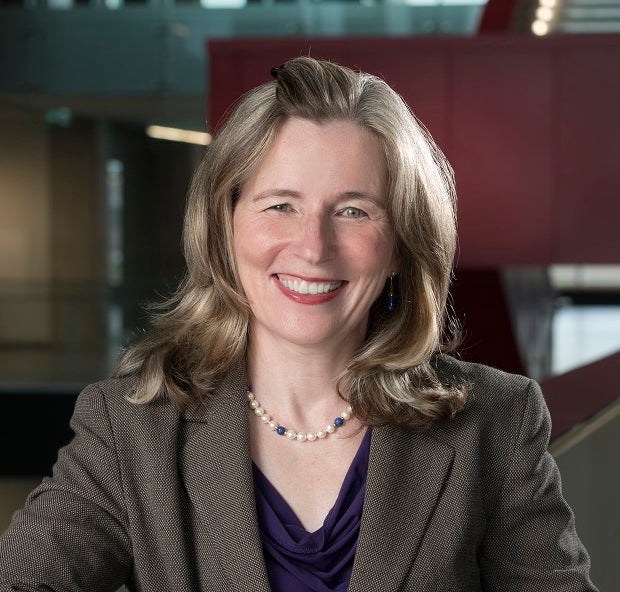I was a recent engineering student graduate from McGill University when 14 women, twelve of whom were engineering students, were murdered at École Polytechnique de Montréal in an antifeminist mass shooting on December 6, 1989.
The engineering field has made progress in the last 33 years but there is still more to be done. While there is not much written on the subject yet, I do believe the entry – and sustained increase – of women into the engineering profession has changed the trajectory of the field forever and for the better.
Dean Mary Wells, Waterloo Engineering, reflects on the Montreal Massacre and the need for women engineers.

We need engineers now more than ever before, but we need them to think differently. Instead of asking if we can solve a problem, we also need to ask if we should. We need to approach problem-solving, the mainstay of engineering, by defining problems based on the human and environmental impact rather than the bottom line.
This human-centred approach is best realized by teams of engineers that include a diversity of voices. Research shows that diverse teams deliver better results from design outcomes to operational metrics. Company performance is also measured through its social license which is built on several factors including demonstrated inclusivity.
It pays, in more ways than one, to have women and men engineers at the table and working together.
Go to Recognizing women engineers for the full story.